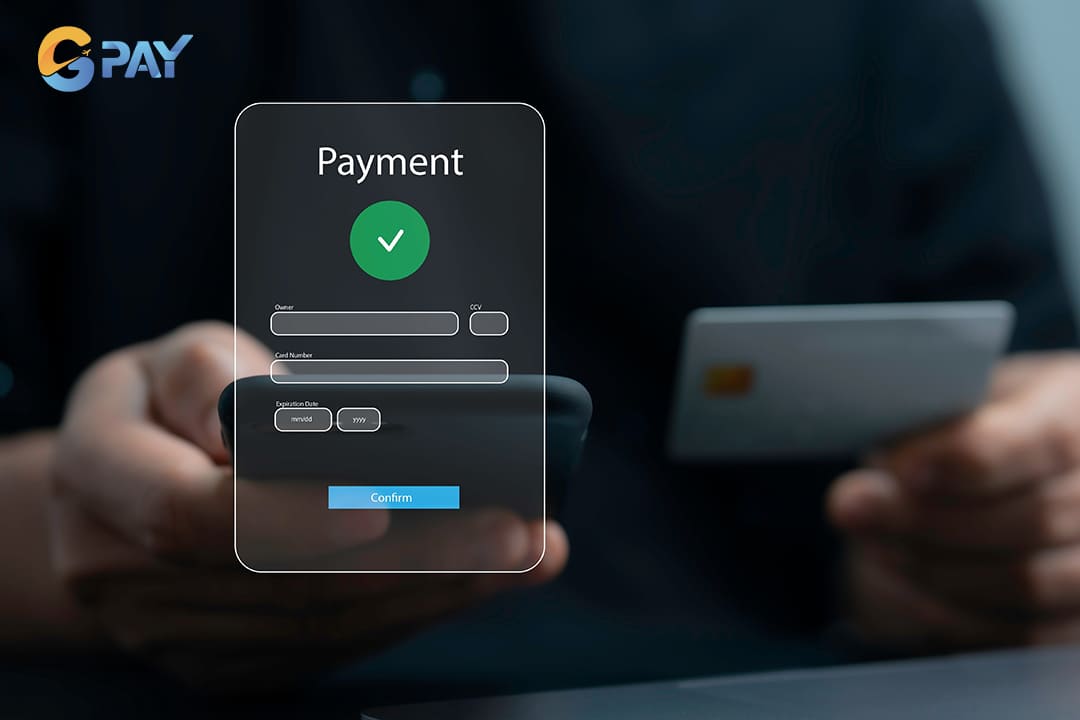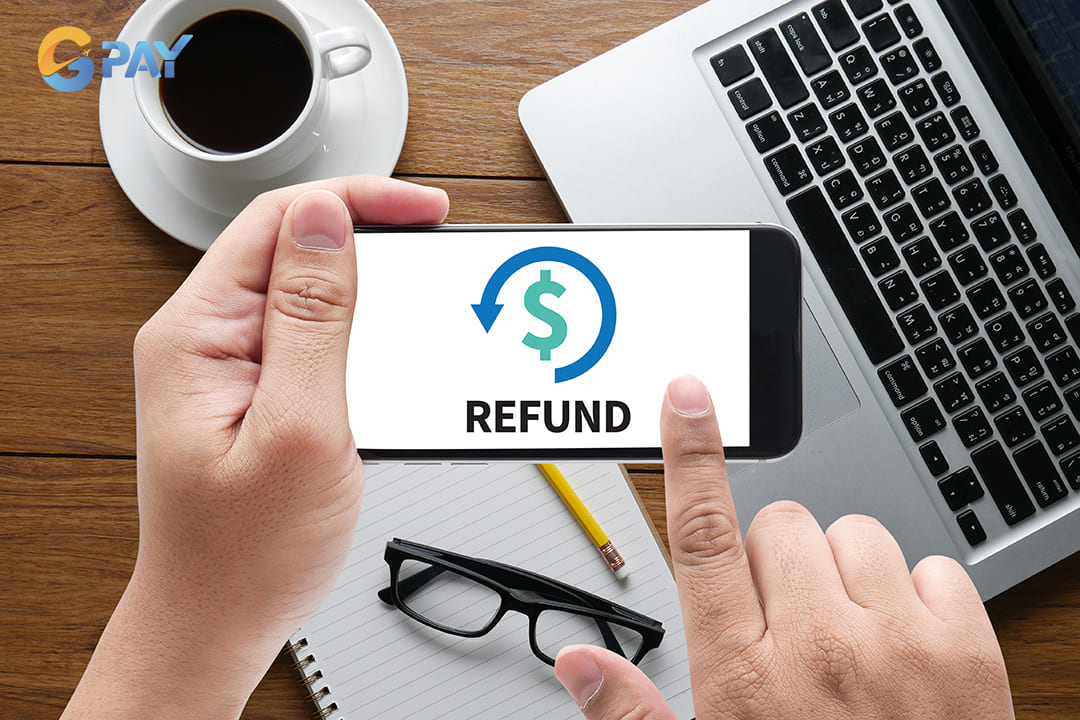Payment-related chargebacks and refunds are a growing challenge in the gaming industry, often caused by fraudulent transactions, processing errors, and payment gateway failures. These disputes lead to financial losses and also affect the reputation of gaming companies. Understanding the key reasons behind payment disputes and implementing effective solutions can help minimize risks and improve player satisfaction. Let’s explore the most common payment-related issues and how to prevent them.
1. Fraudulent transactions
Fraud is one of the biggest challenges in gaming payments, significantly affecting payment gateways and merchant accounts. One of the most common fraudulent activities is stolen credit card transactions, where cybercriminals use stolen card details to purchase in-game currency, items, or subscriptions. When legitimate cardholders discover an unauthorized charge, they file a chargeback.
Another major concern is account takeover fraud, where hackers gain access to a player's gaming account, link a stolen payment method, and make unauthorized purchases. Once the rightful owner regains access to their account, they request a chargeback. Additionally, some players attempt to bypass geo-restrictions using VPNs or proxy servers to access games and payment services not available in their region. These transactions are often flagged as high-risk and can result in chargebacks when the payment is reversed due to compliance issues.

Fraud is one of the biggest challenges in gaming payments, significantly affecting payment gateways and merchant accounts
2. Friendly fraud (First-party fraud)
Friendly fraud occurs when legitimate users request chargebacks despite having made the payment themselves. This can be unintentional or deliberate abuse of the chargeback system. A common scenario is when players forget they made a transaction and dispute the charge upon seeing it on their bank statement. This often happens in gaming subscriptions or one-time in-game purchases.
Another frequent case is children making purchases without parental consent. In mobile games with in-app purchases, kids may buy virtual goods using a parent's saved payment method. Once the parent notices unexpected charges, they file a chargeback, claiming unauthorized use. Some players also exploit chargeback policies by making purchases, using the in-game benefits, and then falsely claiming they never received the items or services. This intentional abuse leads to revenue losses for gaming companies and increases chargeback rates.

Friendly fraud occurs when legitimate users request chargebacks despite having made the payment themselves
3. Payment processing errors
Technical failures in payment processing often result in chargebacks due to player frustration and financial disputes. One of the most frequent issues is duplicate transactions, where a player is charged twice due to a system error. This usually happens when a payment gateway experiences delays in responding, prompting the player to retry the transaction.
Another common issue is failed transactions where the payment is deducted but the purchase isn’t completed. If a player makes a payment but does not receive their in-game items or currency due to a technical glitch, they will likely file for a refund or initiate a chargeback.
Delayed transaction processing is also a problem. If a player doesn’t receive their purchased item instantly, they may assume the transaction has failed and attempt another payment. Later, when they receive multiple charges for the same item, they dispute the initial payment, leading to a chargeback.

Technical failures in payment processing often result in chargebacks due to player frustration and financial disputes
4. Payment gateway issues
Payment gateways play a crucial role in gaming transactions, and any failure in their operation can lead to payment disputes and chargebacks. One common issue is when a payment gateway does not support transactions from certain regions. Players attempting to pay from a restricted country may face automatic declines or long processing delays, resulting in frustration and chargeback requests.
Slow transaction processing times can also lead to payment reversals. If a payment gateway takes too long to process a purchase, players may lose patience and request a chargeback, assuming their money was taken without receiving the service.
Additionally, some payment gateways have a high decline rate, meaning that even legitimate transactions are often rejected due to overly strict fraud detection mechanisms. Players who experience repeated transaction failures may resort to chargebacks out of frustration.

Payment gateways play a crucial role in gaming transactions, and any failure in their operation can lead to payment disputes and chargebacks
How to reduce chargebacks and refunds in gaming payments
To minimize payment-related disputes, gaming companies and payment providers should adopt proactive measures:
Enhance fraud prevention
Implement AI-based fraud detection to identify and block suspicious transactions.
Use 3D Secure 2.0 authentication to reduce unauthorized payments.
- Establish a clear refund policy: Provide a straightforward and transparent refund process to discourage chargebacks.
Optimize payment processing
Improve transaction speed to ensure fast and accurate payment confirmation.
Prevent duplicate transactions by optimizing payment gateway performance.
Improve customer support
Offer real-time assistance to resolve payment disputes before they turn into chargebacks.
Notify players about transaction details before and after purchases.
Educate players on chargeback consequences
Inform players that excessive chargebacks may lead to account restrictions.
Penalize chargeback abuse by limiting access to in-game purchases for repeat offenders.

To minimize payment-related disputes, gaming companies and payment providers should adopt proactive measures
Choose GPay - A seamless and effective payment gateway for gaming business
GPay is a global payment gateway built for high-risk industries like gaming. With cutting-edge technology, it ensures secure, efficient, and seamless payment processing, allowing businesses to handle high transaction volumes without interruptions. Its user-friendly platform and quick integration make it easy for gaming merchants to set up and optimize their payment infrastructure. GPay’s real-time analytics provide valuable transaction insights, helping businesses refine their strategies and boost revenue.

GPay is a global payment gateway built for high-risk industries like gaming
Security is the core of GPay. As a PCI DSS-compliant gateway, it employs advanced fraud prevention, including 3D Secure authentication, chargeback mitigation tools, and tailored security protocols. GPay protects businesses from fraudulent transactions. Supporting 173+ countries, multi-currency payments, and diverse payment methods, GPay enables gaming companies to expand globally with ease. With 24/7 support and a transparent pricing model, GPay helps high-risk merchants navigate international transactions with confidence.
Conclusion
Payment-related chargebacks and refunds remain a major challenge in the gaming industry, often stemming from fraud, technical failures, and poor payment processing experiences. By adopting robust fraud prevention measures, optimizing payment gateways, and providing clear refund policies, gaming companies can significantly reduce chargeback rates. GPay is a highly recommended choice for a seamless and secure payment experience. Contact GPay today to get the earliest support for your gaming business.

